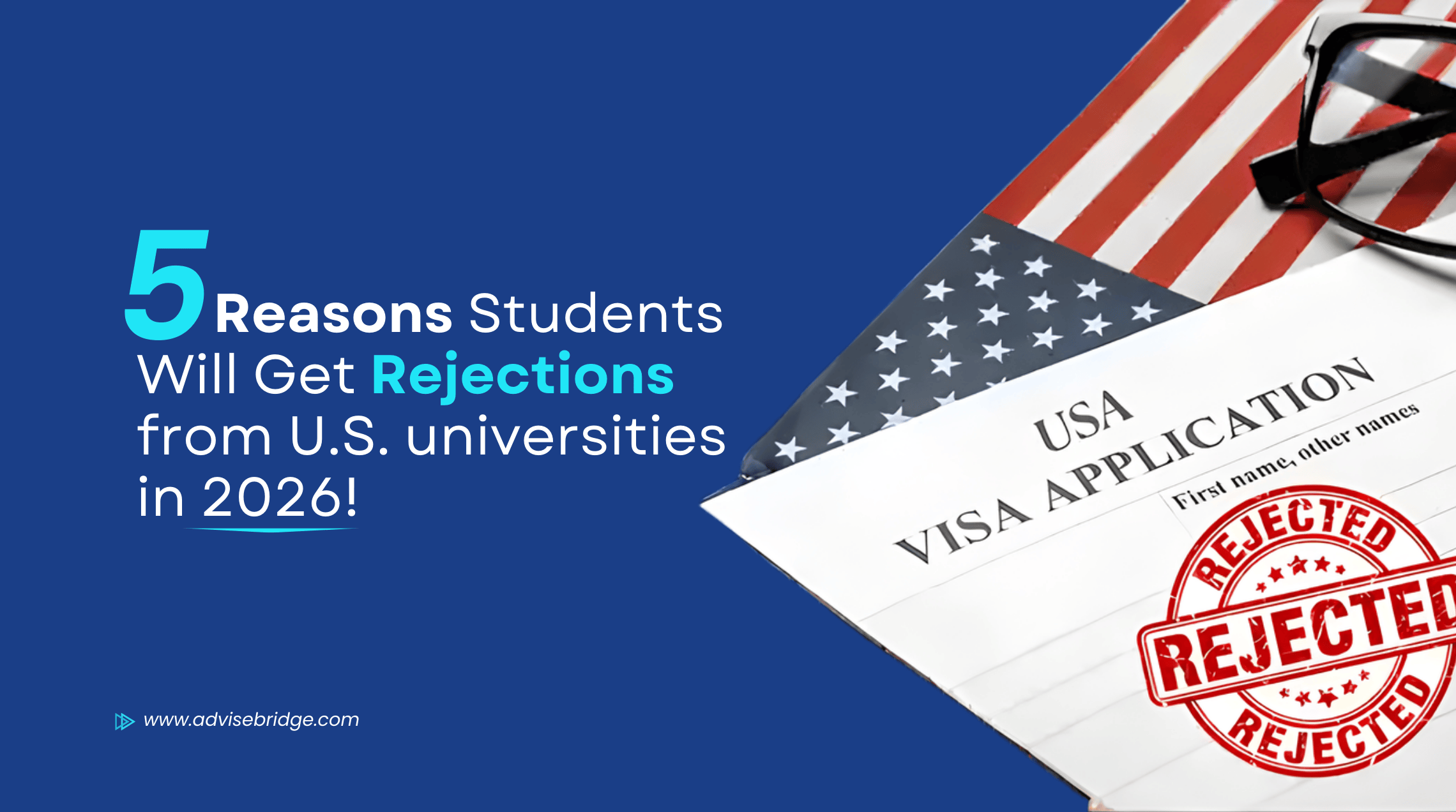In today’s competitive admission landscape, especially in 2025, a Statement of Purpose (SOP) isn’t just a formality—it's your most personal and persuasive document. U.S. universities are receiving more international applications than ever before.
While your grades and test scores prove academic competence, your SOP reveals your character, clarity of vision, and communication ability. Whether you're applying for undergraduate, graduate (MS, MBA), or doctoral programs, the SOP gives you an opportunity to explain your journey, your goals, and why you’re an ideal candidate.
In this blog, we’ll guide you step-by-step through writing an SOP that is engaging, authentic, and aligned with the latest expectations in 2025.
What is an SOP?
A Statement of Purpose (SOP) is a 500–1,000-word essay—sometimes more, depending on the institution—that provides insight into your motivations, qualifications, and career aspirations. U.S. universities use it to:
Understand your academic and professional background
Assess your goals and their alignment with the program
Evaluate your writing and communication skills
As more universities shift toward a holistic admissions approach in 2025, your SOP now plays an even greater role in determining your chances.
Key Components of a Winning SOP in 2025
1. Compelling Introduction
Start with a hook. This could be a personal anecdote, moment of realization, or experience that sparked your academic interest. Clearly state your intended field of study and what draws you to it.
2. Academic Background
Describe your education journey and key achievements:
Relevant coursework
Academic projects or theses
Awards and recognitions
Major skills acquired
Explain how your background prepared you for the next level.
3. Professional Experience (if applicable)
For graduate and MBA applicants, work experience matters:
Internships, part-time jobs, or research work
Roles and responsibilities
Lessons learned and how they align with your goals
Be sure to highlight leadership, innovation, or problem-solving skills.
4. Your Motivation and Career Goals
Talk about your short-term and long-term goals:
What do you aim to do immediately after graduation?
Where do you see yourself in 5–10 years?
Connect these goals with the university’s strengths.
5. Why This University?
Show that you've researched the program deeply:
Specific courses, professors, or labs
Campus culture, career services, alumni outcomes
Location benefits, partnerships, or internship opportunities
Avoid generic praise. Instead, provide unique reasons why this university fits your aspirations.
6. Unique Qualities and Extracurriculars
Admissions teams also want to know who you are beyond academics:
Hobbies and passions
Volunteer work or community involvement
Global exposure or intercultural competence
7. Conclusion
Reaffirm your motivation, goals, and fit for the program. End with an enthusiastic, forward-looking statement.
Common SOP Mistakes to Avoid
Despite their potential, many SOPs fail because of avoidable errors. Here’s how to steer clear of them in 2025:
Being too generic: Avoid writing an SOP that could apply to any program or university. Tailor each application.
Rewriting your resume: The SOP is a narrative, not a bullet list. Show the “why” behind your achievements.
Lack of structure: Disorganized SOPs are hard to follow. Use clear paragraphs and logical flow.
Overuse of clichés: Phrases like "I want to make the world a better place" are overused. Be original.
Grammar and spelling errors: Proofread thoroughly or get it reviewed by an expert.
Failing to explain gaps or transitions: If there’s a change in field or a break in education, explain it positively.
Plagiarized content: Universities in 2025 are using advanced AI-based plagiarism tools. Authenticity is key.
SOP Formatting Tips (Updated for 2025)
Font: Times New Roman or Arial, size 11–12
Spacing: 1.5 line spacing
Length: Typically 1–2 pages (500–1,000 words), but always check university-specific guidelines
Margins: 1 inch all around
File Format: PDF preferred
SOP Trends in 2025
Increased preference for storytelling – Universities prefer a compelling story over just stats and data.
Diversity, equity, and inclusion – Show your awareness of global perspectives or involvement in such initiatives.
AI literacy and adaptability – For tech and business programs, showcasing awareness of evolving tech tools (including AI) is a plus.
Sustainability and global citizenship – Aligning your goals with global responsibility is increasingly valued.
How SOPs Differ by Program Level
1. Undergraduate SOPs
Focus on school life, personal background, dreams, and future aspirations
Emphasize extracurriculars, leadership, and community service
2. Postgraduate SOPs (MS, MA, PhD)
Emphasize academic depth, research interests, and professional goals
Mention research papers, software/tools, and relevant training
3. MBA SOPs
Must be business-focused with strong professional examples
Show leadership, strategic thinking, and real-world experience
Pro Tips from Global Advisors
“Think of your SOP as a TED Talk in written form. Tell your story with purpose and authenticity.” — University Admissions Expert
“Use transitions like ‘This experience taught me...’ or ‘This led me to...’ to keep the narrative smooth and engaging.” — Senior Advisor, AdviseBridge
Real Student Story (Example)
“I worked as a part-time assistant for a rural health NGO in Nepal. I saw how digital solutions could simplify access to health data in remote areas. That’s when I decided to study Health Informatics. The MS program at XYZ University—with its blend of public health and data science—aligns perfectly with my mission.”
Including specific stories like this helps create emotional impact.
Make Your SOP Your Voice
In the sea of applications, your SOP is the one piece that’s fully in your control. In 2025, universities are not just seeking top performers—they’re seeking purpose-driven, globally aware, and passionate individuals. A strong SOP communicates all that.
Take the time. Do your research. Write, revise, polish—and let your story shine.
📌Need professional help? AdviseBridge offers SOP review, editing, and personalized brainstorming sessions tailored to 2025 admission standards.







